Speaking with striking bluntness, Gyorgy Rasko, who advises Peter Magyar on agricultural issues, discussed the potential decimation of Hungary’s farming community on KlikkTV’s Melyviz (Deep Water) program. He essentially welcomed the planned drastic cuts to EU subsidies based on land area. According to the green baron, this is the last EU budget cycle in which individual farmers will receive such generous area-based subsidies. Starting in 2028, priorities will shift and the EU agricultural budget will shrink by at least 20–30 percent.
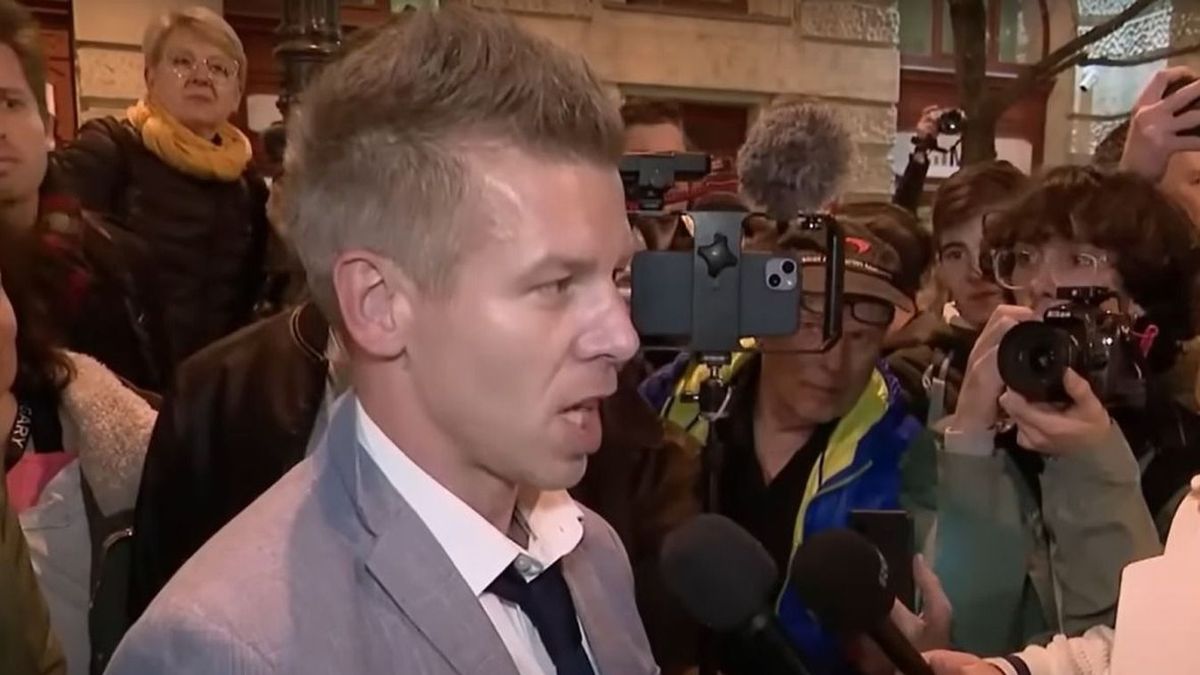
Family-Run Farms Will Disappear
"Farmers must prepare for the fact that the philosophy of acquiring farmland—whether by lease or purchase—just to claim unlimited EU subsidies will no longer be viable. The incentives for this will drop significantly, and instead, farming will likely need to be done more professionally to ensure these farms survive as viable businesses," Rasko said (from 10:36 in the video).
A few minutes later, he went even further, saying that "after the reform of EU agricultural subsidies, tens of thousands of family farmers in Hungary will disappear from the agricultural scene."
When host Peter Nemeth asked whether this was good or bad for the national economy, Peter Magyar's advisor responded: "From an agricultural economics perspective, this could be good, if the land ends up in the hands of users who understand modern farming" (from 14:19 in the video).
Rasko—who also supports Peter Magyar and his movement financially—makes no secret of the fact that he welcomes the EU’s agricultural policy reforms, even though they could ruin tens of thousands of Hungarian farmers.
Aligned with Brussels for Long
This stance is not surprising. Rasko, often referred to as the "green baron", has long advocated called for ending land-based EU subsidies. As early as 2022, he criticized the EU’s subsidizing system, and back in 2003, he supported Hungary’s EU accession because "our agricultural policy will then be governed from Brussels, not domestically."


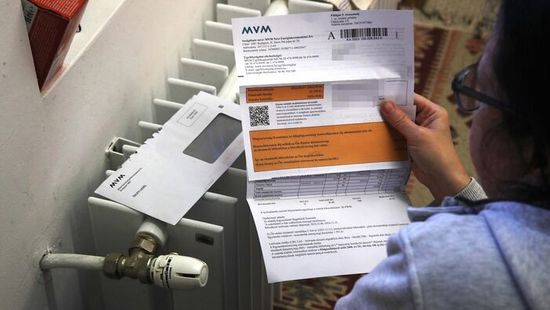

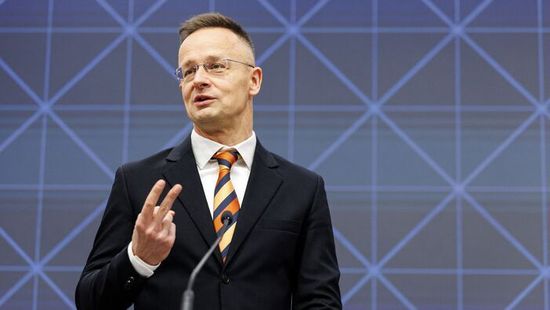


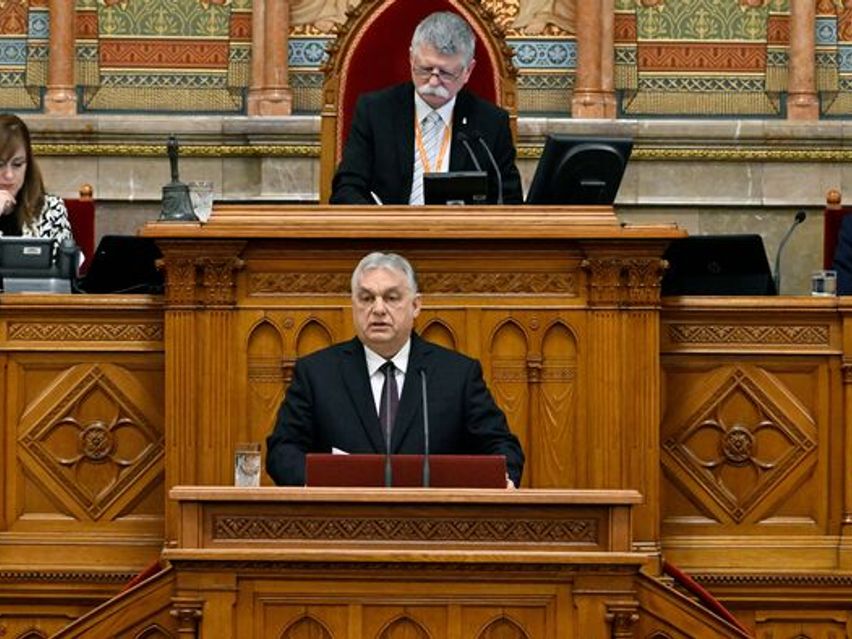



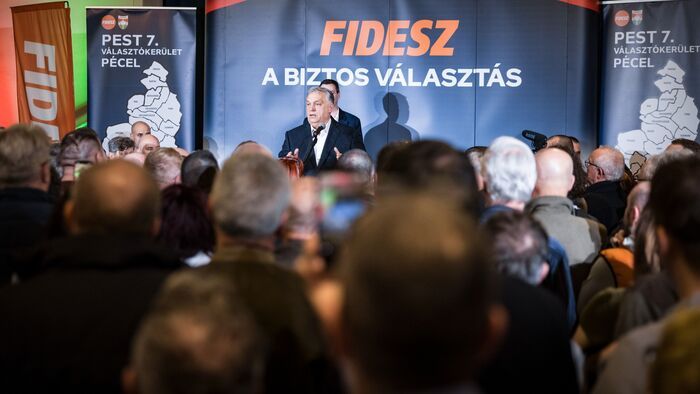







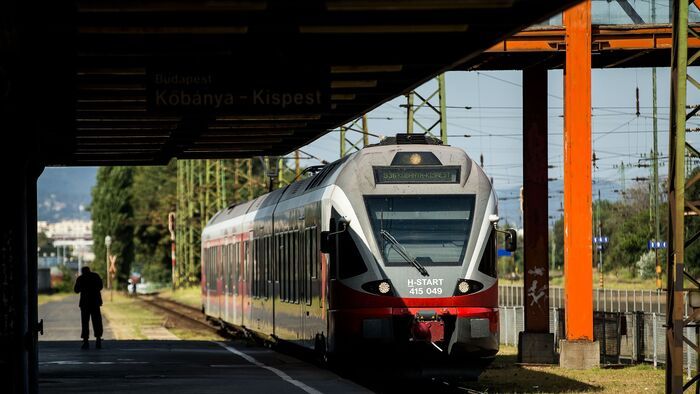



Szóljon hozzá!
Jelenleg csak a hozzászólások egy kis részét látja. Hozzászóláshoz és a további kommentek megtekintéséhez lépjen be, vagy regisztráljon!